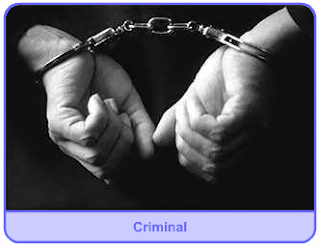Could medicine be a form of social control?
In all societies, forms of social control are established in order to maintain the norms of that society. The values and behaviors that a society deems acceptable are called social norms. Social control is the set of mechanisms that societies use to keep individuals acting appropriately.
Laws and other social institutions within a society are the major forms of social control utilized within most societies. Positive and negative sanctions, or reactions to the behavior of a person help to enforce the norms of society (Henslin, 2010). Although, not all social control is maintained through the use of sanctions.
In certain areas within the US, religious institutions place more social control over the nearby people than other institutions like educational or judicial. One such example would be the state of Utah. Although many of the sanctions and controls of the Mormon beliefs are integrated into formal laws, the informal controls imposed by the values of the Mormon religion are the more effective. This is similar to those who are of Catholic faith. Although sex before marriage is not an illegal act within the US, the Catholic religion forbids the action. If a member of the congregation acts against these beliefs or norms, then many of the parishioners will act with negative sanctions or reactions towards the person.
However, in an essay by Irving Zola, the question of medicine as an institution of social control is raised. Zola states that medicine may be more effective in social control than law and religion. The main question is -- why?
Although law is an absolute form of social control, being that members of society must obey these controls or else risk being separated from society, religion and medicine are not. If an individual begins to not agree with the norms of a religion, that individual can decided to leave. However, because health does not impose any absolute control, people have begun to focus upon. In the essay, Zola mentions that the reason people turn to medicine is for the sake of health and the safety of experts. Although members of society do not have to listen to one doctor because another doctor may say something completely opposite, similar to the power of religion (Zola, 2011).
The allure of social control from medicine lies within the knowledge of the field. The norm is for one to be healthy, especially within wealthy nations, such as the US. So with the US, people will often change their lifestyle in order to maintain or gain health. These behaviors are often changed through sanctions given by medical professionals, because people see them as someone of authority, although not absolute.
The allure of social control from medicine lies within the knowledge of the field. The norm is for one to be healthy, especially within wealthy nations, such as the US. So with the US, people will often change their lifestyle in order to maintain or gain health. These behaviors are often changed through sanctions given by medical professionals, because people see them as someone of authority, although not absolute.
Work Cited
Henslin, James, M. 2010. Sociology, A Down-to-Earth Approach. (10th edition). Boston: Pearson
Zola, Irving Kenneth. 2011. "Medicine as an Institution of Social Control." The Sociological Review 20(4), 487-504.
DOI: 10.1111/j.1467-954x.1972.tb002200.x


